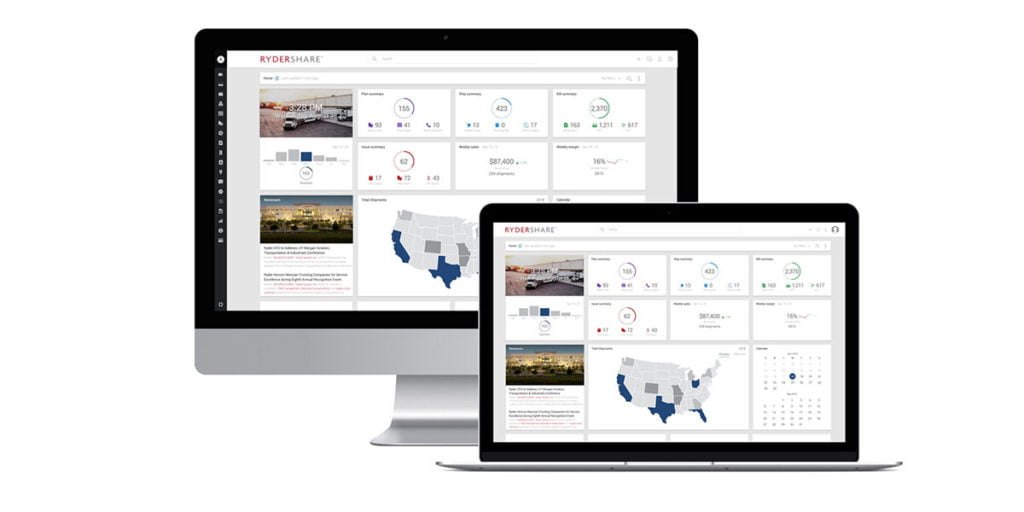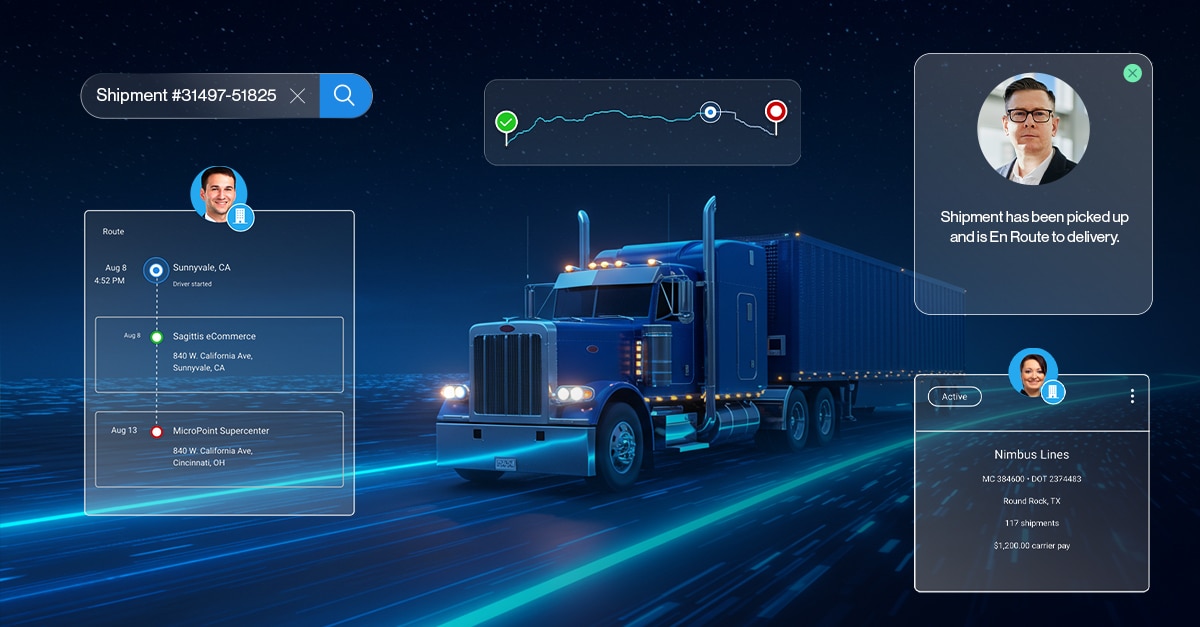Inventory is one of a company’s most valuable assets. However, it comes with its own set of risks and costs. Inventory management involves several associated costs, such as the cost of storing, carrying, and insurance. In addition, there are chances of obsolescence, theft, and damages.
Efficient inventory management requires all supply chain aspects to come together as well as real-time updates of multiple data points. Companies with complicated supply networks and manufacturing processes must balance excess inventory, which increases services but needs high capital investment, and limited stock, which can lead to stock-outs or customer service issues. To that end, manually tracking inventory management on spreadsheets costs more money than it saves. Instead, companies should identify modern-day Inventory Management Systems (IMS) that can minimize inefficiencies and help strike an outstanding balance between inventory-related investments and customer service.
Inventory Management Systems
Inventory Management Systems can track inventory from manufacturer to warehouse to the point of sale. It ensures that the right products are in the right place at the right time. Such effectiveness in inventory management necessitates excellent inventory visibility, which includes knowing when to order, how much to order, and where to store it. The following are the essential functions of an inventory management system:
Effective ordering or Purchase: Items ready to sell are purchased and delivered to the warehouse or the point of sale.
Efficient Storage: Inventory is kept in warehouses until it is needed. Goods or materials should be stored safely and correctly reflected in the IMS.
Shipping: Effective processing of orders with the real-time reconciliation of the remaining stocks, which helps provide the correct status to the customers.
An inventory management system is a system that combines technology (hardware and software) with processes and procedures to oversee the monitoring and maintenance of stocked products, whether they are company assets, raw materials and supplies, or finished goods ready to be sent to vendors or end customers. A complete inventory management system includes the following components:
- A method for identifying each inventory item like barcodes or tags.
- Barcode scanners or other web-enabled devices with barcode scanning apps.
- Inventory management software with the capacity to analyze data, generate reports, estimate future demand, and more.
- Labeling, documenting, reporting procedures and inventory policies like Just in Time, ABC Analysis, First-In-First-Out (FIFO), or others.
- People who are trained to adhere to specific standards and procedures.
Inventory management systems simplify and consolidate the process of controlling inventory movement and maintenance. This ensures that the right amount of inventory is available at the right time and in a suitable condition.
Most people associate inventory management with retail applications, but inventory management systems are also widely used in various industries, including manufacturing, utilities, healthcare, education, government, and more.
Inventory Management System Advantages
The inventory will undoubtedly be in disarray if no inventory management system exists. An inventory management system allows a business to keep a centralized record of every item, providing accurate and up-to-date information. Details such as item location, vendor and supplier information, specifications, shelf life, and the total quantity of items currently in stock are centrally available to the entire company through an efficient IMS.
Inventory management systems are essential for keeping track of current stock levels. They also help determine which goods move quickly or slowly, letting organizations identify when it’s time to replenish more.
Overall, a comprehensive inventory management system provides a plethora of advantages to businesses, including:
- Cash flow improvement
- Better reporting and forecasting
- Lower storage and labor costs
- Reduced non-moving or dead stock
- Improved organization
- Higher visibility across the organization
- Improved relations with suppliers, vendors, and partners
Inventory Management System Challenges
Most inventory management system issues happen due to ignoring best practices or relying on old and outdated methods like manual paperwork and inconsistent storage layouts and processes. IMS should also be integrated into the other systems in the company, such as Transport Management Systems (TMS) or Enterprise Resource Planning (ERP), to ensure that different systems utilize the information in the IMS. Such information sharing amongst the systems helps create a truly integrated supply chain.
So is it possible to order, store and sell inventory without an inventory management system?
The answer is yes if the business is ready to deal with inefficiencies, waste, delays, employee frustration, and customer dissatisfaction. For all other companies that want well-oiled operations, and efficient and optimized inventory levels, IMS is a must for managing today’s modern supply chains.
If you are looking for great Collaborative TMS solutions that integrate easily, Turvo is the right partner. Turvo provides the world’s leading Collaborative TMS application designed for the supply chain. Turvo connects people and organizations, allowing shippers, logistics providers, and carriers to unite their supply chains, deliver outstanding customer experiences, collaborate in real-time, and accelerate growth. The technology unifies all systems, internal and external, providing one end-to-end solution to execute all operations and analytics while eliminating redundant manual tasks and automating business processes. Turvo’s customers include some of the world’s most considerable Fortune 500 logistics service providers, shippers, and freight brokers. Turvo is based in the San Francisco Bay Area with offices in Dallas, Texas, and Hyderabad, India.









